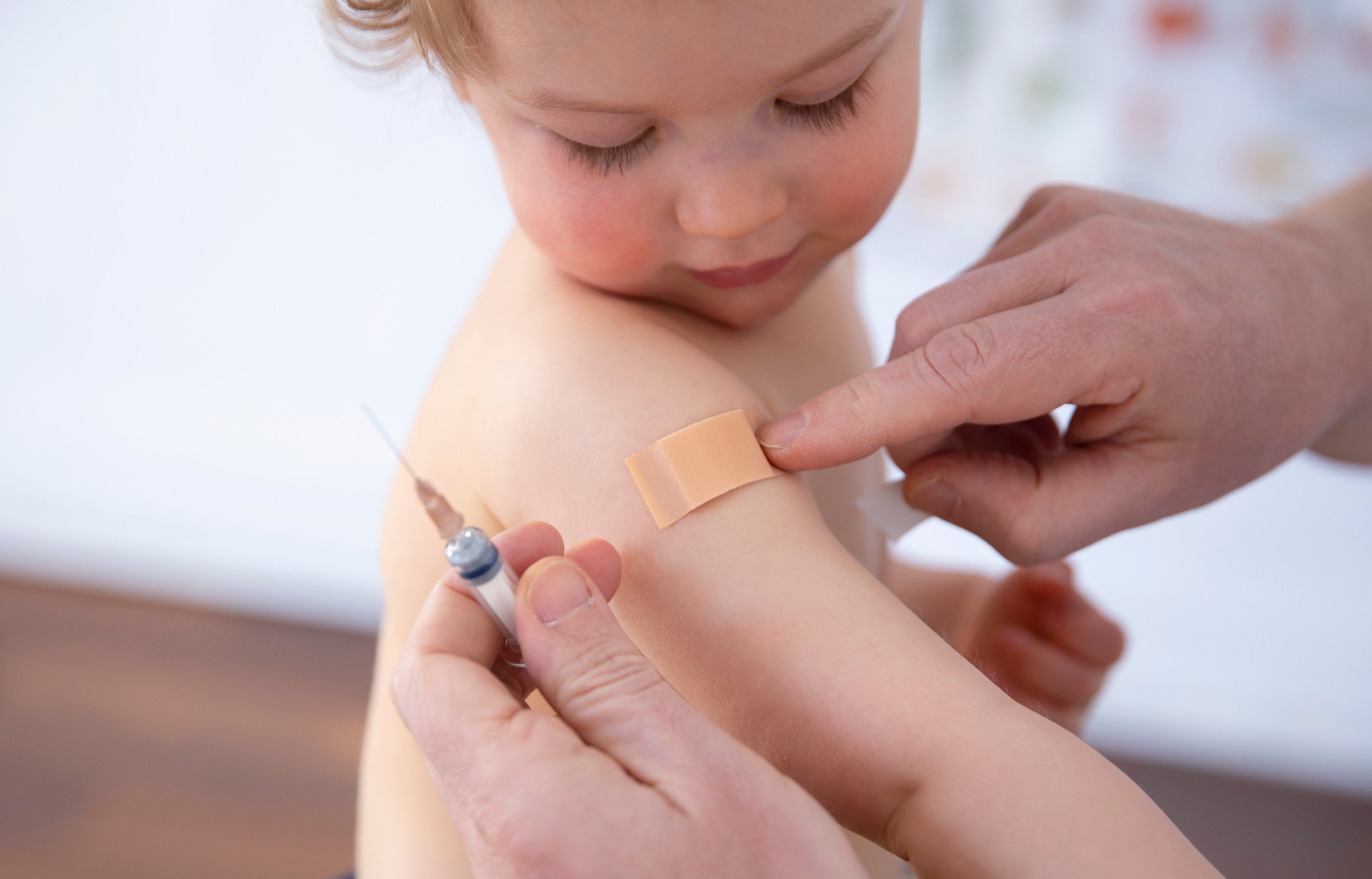
As doctors and public health officials keep trying to persuade parents to get their kids vaccinated against childhood diseases, the entreaties don’t always do much. Currently, only 69.7% of two-year-olds in the U.S. have received their full vaccine series, according to the U.S. Centers for Disease Control and Prevention—including shots against measles, mumps, rubella, diphtheria, tetanus, polio, and more. Just 10.1% of kids ages six months to four years have vaccine coverage against COVID-19.
Part of the problem is the vocal anti-vaccine movement in the U.S. and a lack of access to adequate health care services. But another issue might be that the most effective pro-vaccine communicators aren’t being used. According to a new study in the journal Pediatrics—which focused on COVID-19 vaccines in particular, but has implications for all vaccination campaigns—if you want to persuade parents to get their children vaccinated, the most convincing arguments may come not from health-care professionals, but from other trusted parents.
In the study, the researchers assigned 898 white, Black, and Latinx parents in Chicago—whose children had not yet received COVID-19 vaccines—to one of four groups. Each group was assigned to read a different message about COVID-19 vaccinations, after which parents were asked whether they were “not likely,” “somewhat likely,” or “very likely” to get their child vaccinated:
More from TIME
The differences among the groups were marked. Overall, 37.5% of people who read the control message said afterwards that it was very likely that they would get their child vaccinated. The “well-tolerated” message did a little better, at 41.5%. Parents who read that the vaccine was “safe and tested” came in at 48.9%. But for the trusted parent scenario—the only one in which the vaccine message came from a non-medical professional—the “very likely” figure was 53.3%.
“This study tells us that parents really value what they hear from other parents who they trust when it comes to decisions about vaccinating their children,” says Marie Heffernan, lead author of the paper and assistant professor in the department of pediatrics at Northwestern University Feinberg School of Medicine. “The current study was in the context of the COVID-19 vaccine for children, but we can think about this in terms of other routine childhood vaccinations as well.”
Not all of the findings were uniform across the sample group. Ethnicity, in particular, made a difference. In the “trusted parent scenario, for example, 61.1% of white parents said they would be very likely to vaccinate their child, compared to 51.6% of Latinx parents and 49.9% of Black parents. Each of the other scenarios saw similarly varying rates by ethnicity.
Heffernan was not surprised by those results and believes that history is at least partly to blame. “We know that the historical context of medical research in the U.S. has led to distrust of medical research among communities of color,” she says. “This distrust is justifiable, and it’s important that we in pediatrics, public health, and medicine continue to work to build that trust.”
The study does not conclude that pro-vaccine messages from healthcare providers are of no value at all. The relatively high scores among the people who read the “safe and tested” message indicates that parents do pay heed to what their doctors and nurses tell them. But it may help even more if those medical authorities have children of their own and communicate that to parents. “In some cases, a healthcare provider, like a doctor or nurse, might also be a trusted parent,” says Heffernan. “Our results tell us that health care providers might be more effective at changing minds if they mention, for example, that they encouraged their own family members to get vaccinated.”
More Must-Reads from TIME
- Inside Elon Musk’s War on Washington
- Meet the 2025 Women of the Year
- The Harsh Truth About Disability Inclusion
- Why Do More Young Adults Have Cancer?
- Colman Domingo Leads With Radical Love
- How to Get Better at Doing Things Alone
- Cecily Strong on Goober the Clown
- Column: The Rise of America’s Broligarchy
Write to Jeffrey Kluger at jeffrey.kluger@time.com